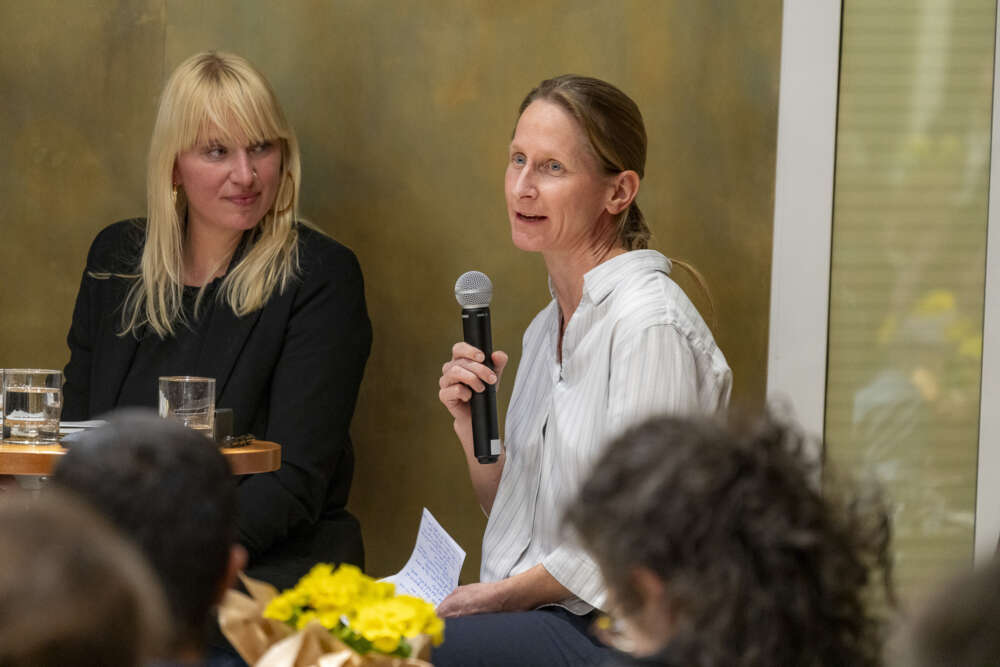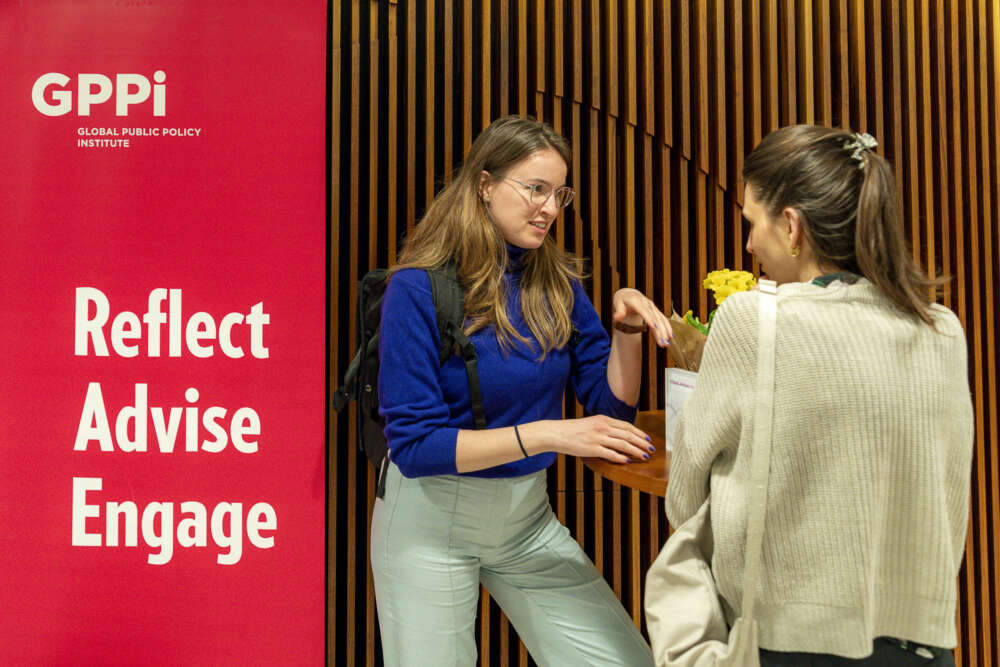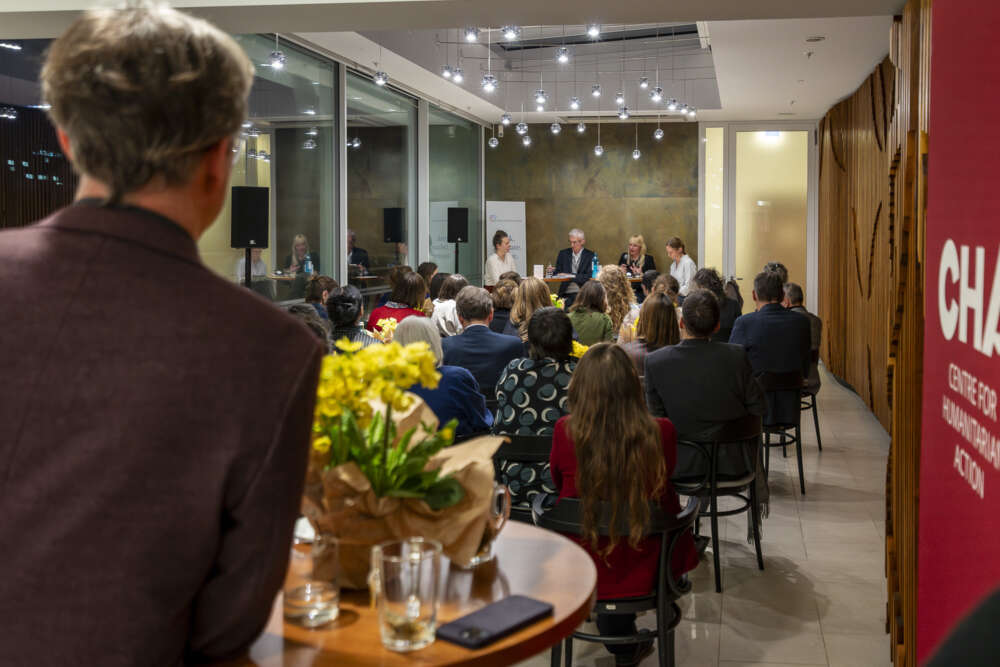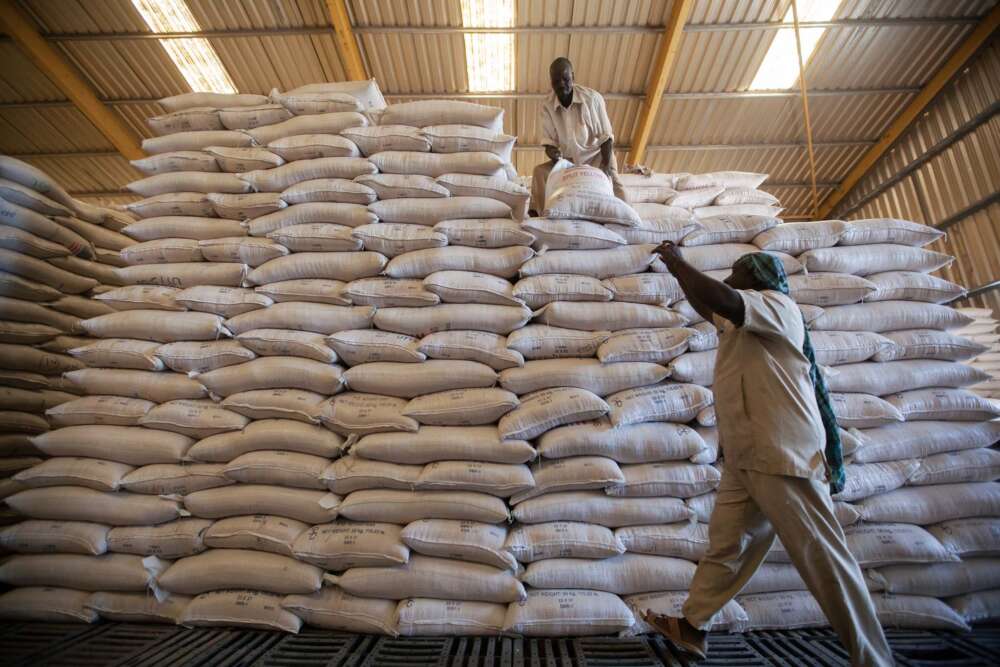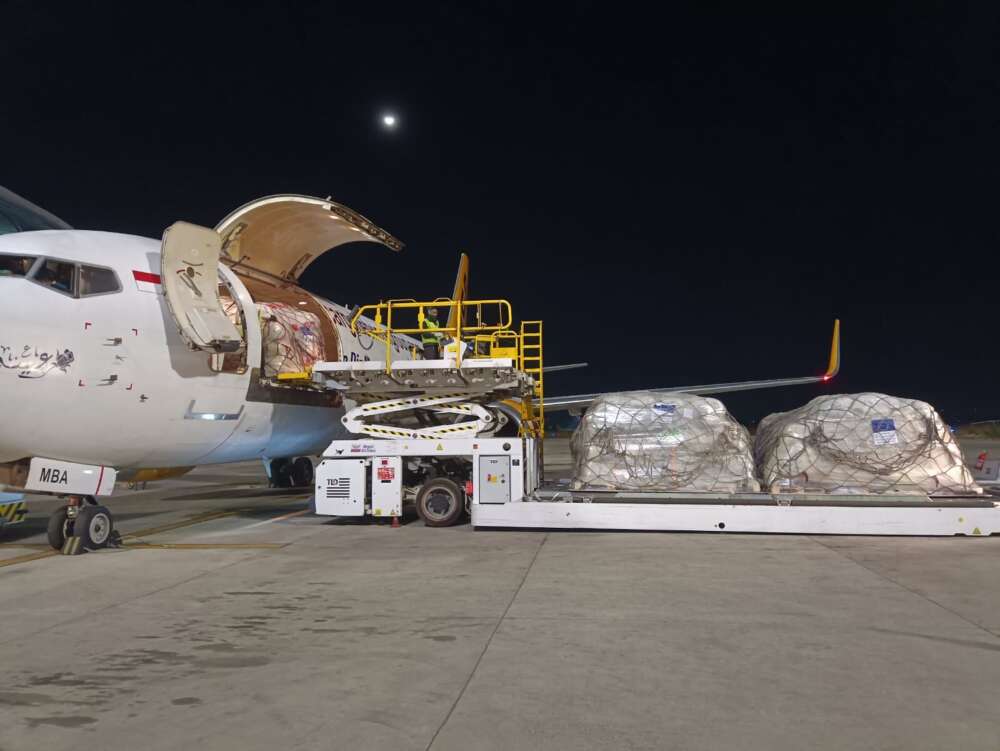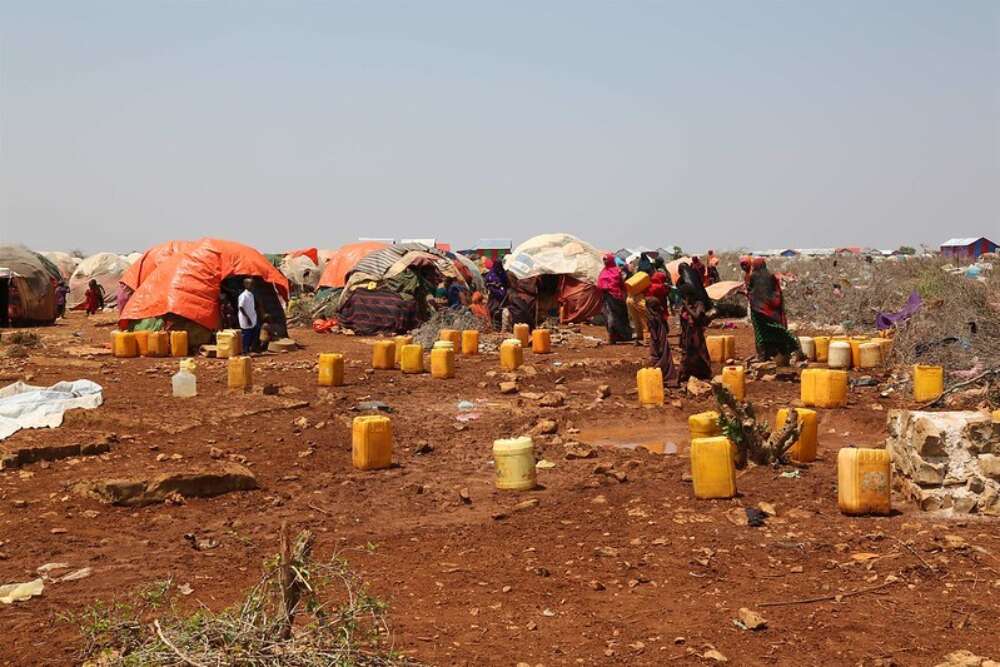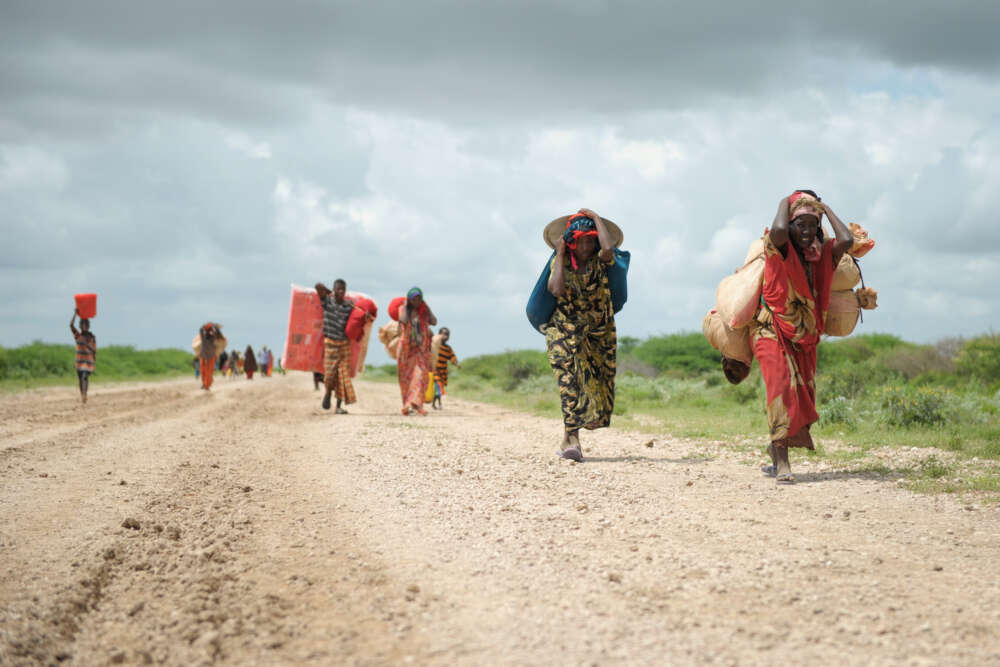Shaping Germany's Aid, Post-Election
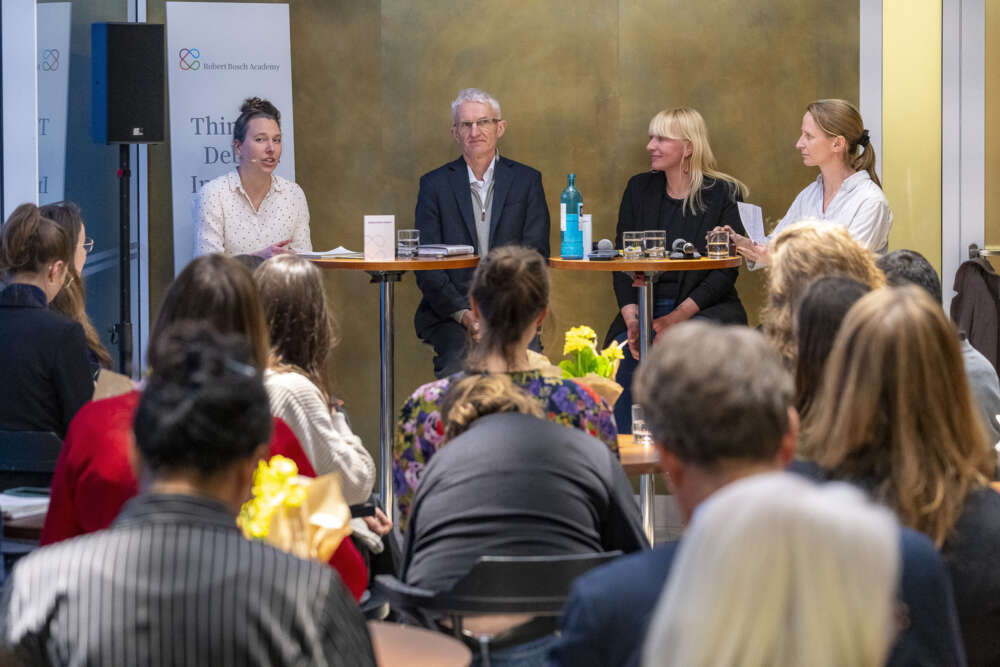
The humanitarian system is at a breaking point — and with Germany navigating a new post-election political landscape, it’s an important moment to rethink the future of its humanitarian aid.
In partnership with the Robert Bosch Academy and the Centre for Humanitarian Action (CHA), we brought together leading voices to explore the path forward in a confidential discussion:
- Mark Lowcock, former UN Emergency Relief Coordinator and former Permanent Secretary at UK DFID
- Luise Amtsberg, Federal Government Commissioner for Human Rights Policy and Humanitarian Assistance
- Julia Steets, Director at GPPi
- Moderated by Sonja Hövelmann, Research Fellow at CHA
Some takeaways:
A bleak future ahead: The humanitarian system is facing a grim future, with several potential scenarios unfolding – all devastating for humanitarian organizations and affected people.
Germany’s leadership matters: As the world’s second-largest humanitarian donor, Germany has a crucial role and responsibility to adapt to this new reality. One example mentioned was radical localization.
Structural reform is complex: While change is needed, proposals for merging development cooperation and humanitarian aid into one ministry in Germany — as suggested by the CDU/CSU — could pose significant risks.
Shaping the narrative is key: A stronger public dialogue on aid and international cooperation is crucial to building support and understanding.
